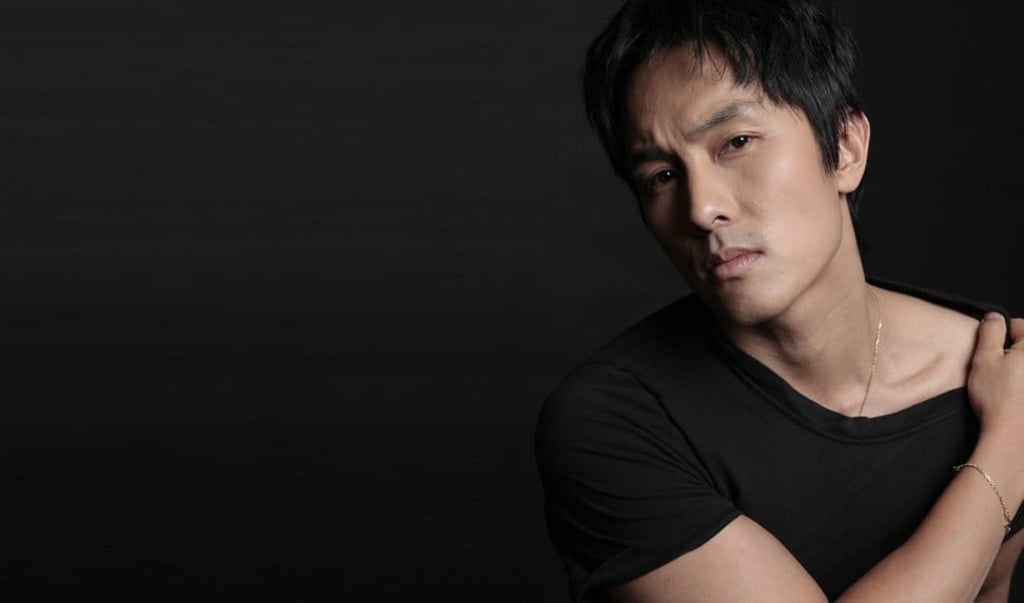Death of Sulli brings fears for K-pop idols’ mental health, as singers Mina and Taemin show support
- Harsh schedules that involve long working hours, no privacy and malicious comments from anonymous cyberbullies online take their toll on stars
- Agencies such as SM Entertainment are blamed for not protecting their artists against the extreme pressures of fame

By Jung Hae-myoung
“Celebrities are working under extreme pressure and the level of stress they face is increasing as competition becomes heavier. Young K-pop idols particularly do not eat or sleep properly because of their tight schedules, yet they are asked to hide their emotions and smile and show positive attitudes for their fans in public. They have to be sexy but must not have sex, and be tough but must not fight for anything,” Kim wrote.

Many K-pop idols only make their debut after many years of training. They are then forced to endure harsh schedules involving long working hours, they have no privacy and often have to deal with malicious comments from anonymous internet users. As a result, some stars end up with depression or develop anxiety disorders.